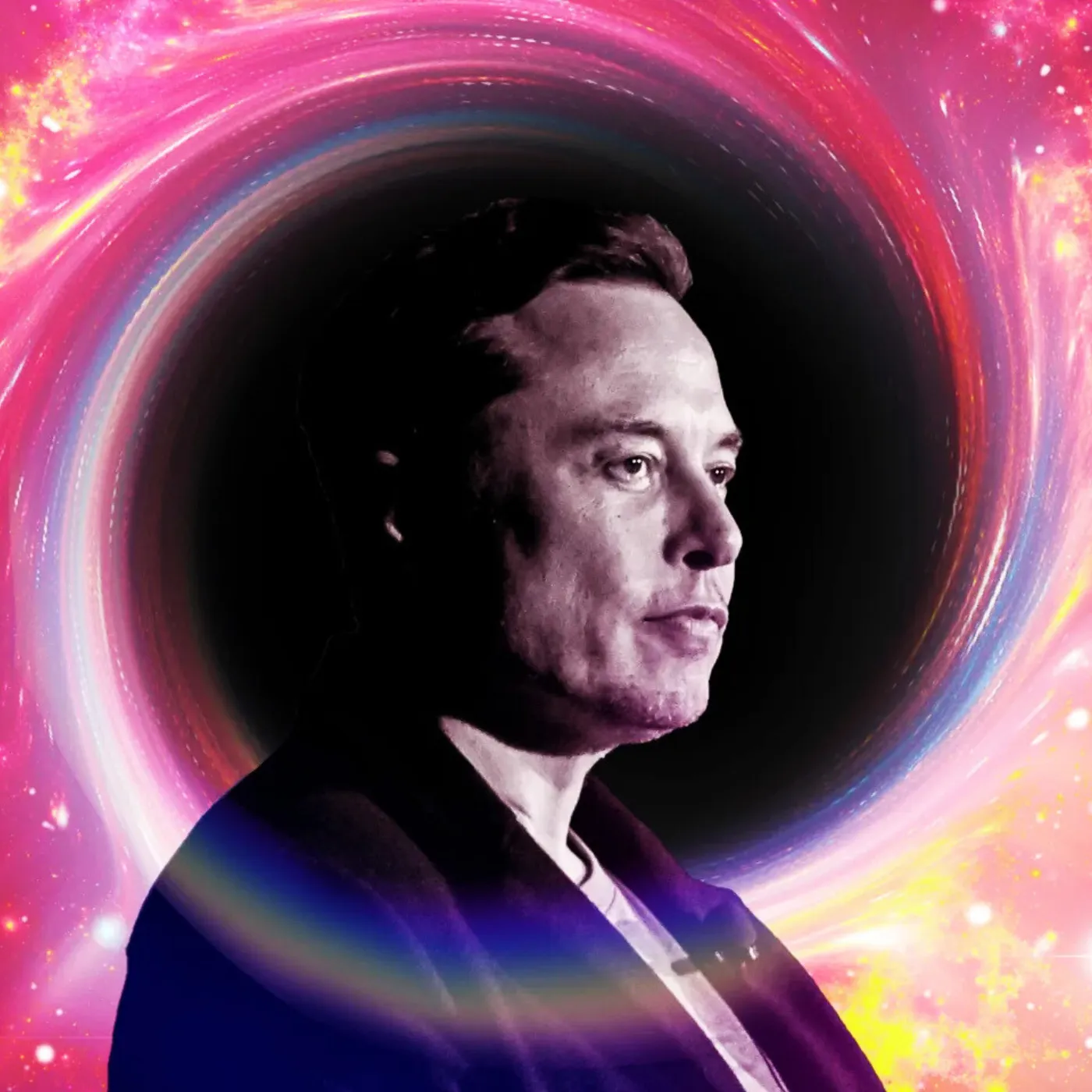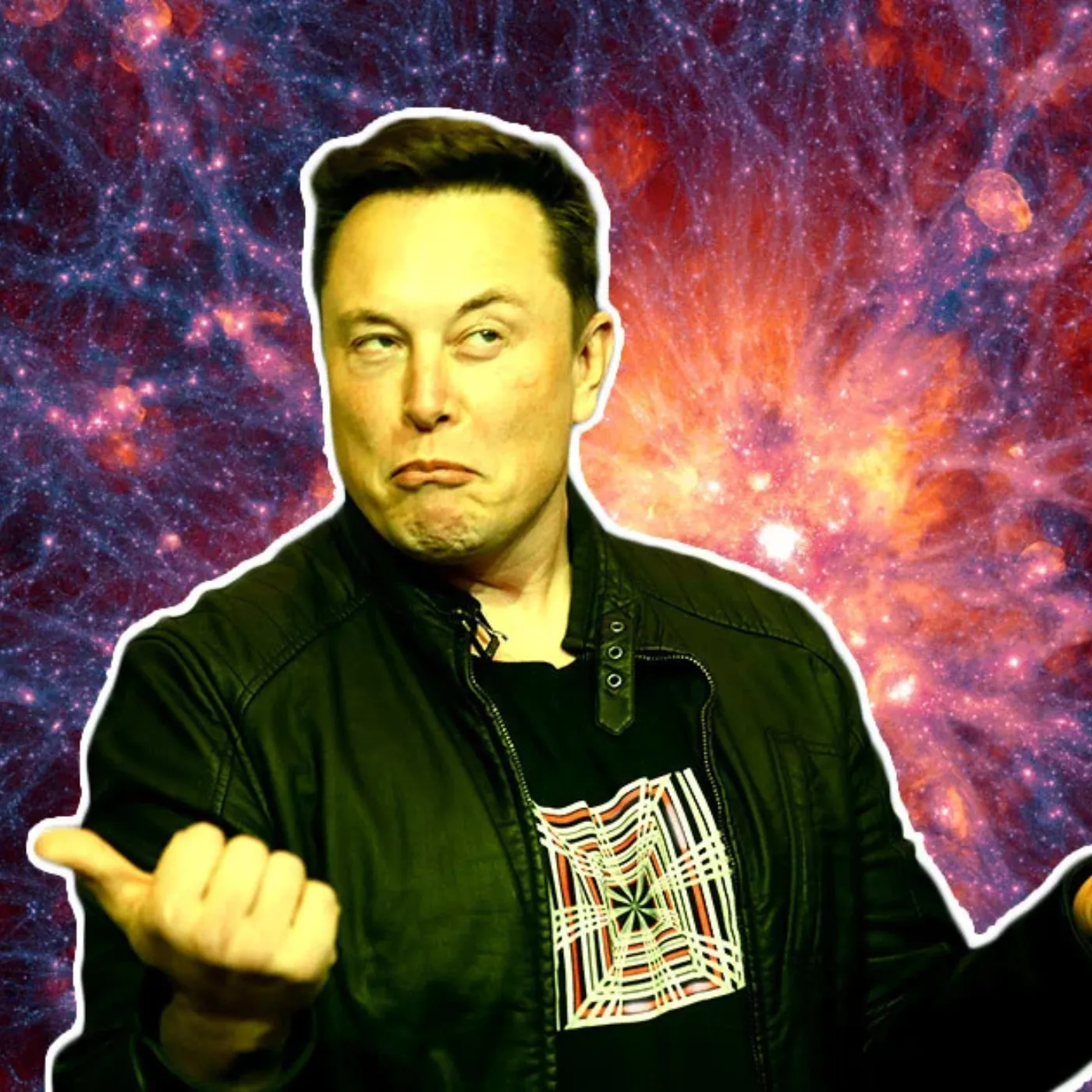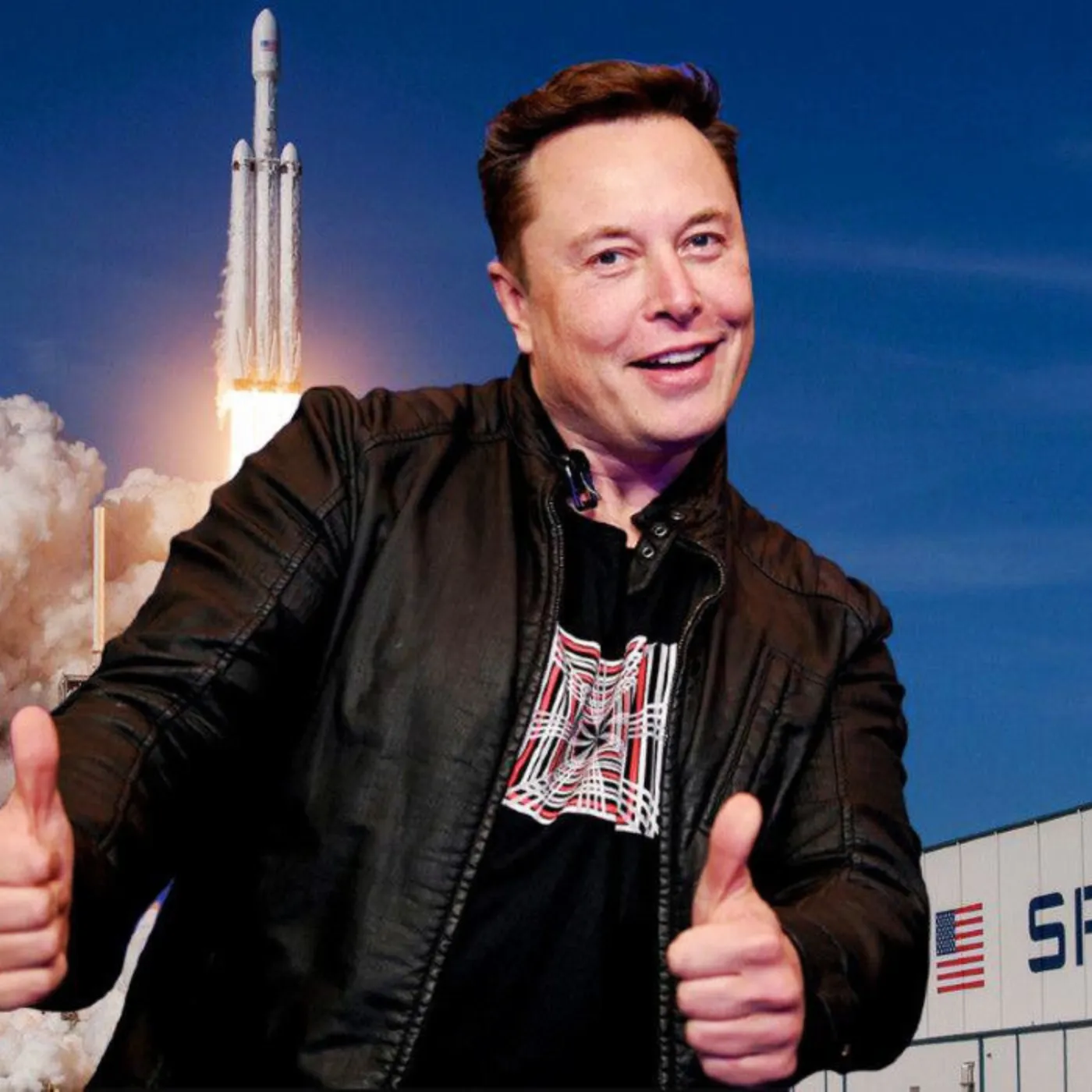

The Satellite Battle of the Century: Elon Musk vs Amazon in Space
In a world where the sky is no longer the limit, two of the biggest names in modern technology are now locked in a race to dominate what lies beyond Earth’s atmosphere. The rivalry between Elon Musk’s SpaceX and Jeff Bezos’ Amazon has officially escalated as Amazon announced the successful launch of 27 internet satellites, marking a bold and unmistakable move against Musk’s already expansive Starlink network.

This isn’t just a story about satellites orbiting silently above us; it’s about corporate ambition, strategic positioning, and an epic power struggle between two tech titans vying for control over the future of global internet connectivity. As the battle for the skies heats up, the world watches closely, knowing that the outcome could reshape digital communication, business operations, and access to information for billions.
How the Rivalry Began
For years, Elon Musk has held the upper hand in space-based internet services with his Starlink project, a constellation of over 5,500 satellites providing internet coverage to even the most remote corners of the planet. Starlink was born from Musk’s broader vision to turn humanity into a multi-planetary species, and while his Mars ambitions remain a long-term goal, Starlink has already established itself as a vital player in the satellite internet space.
Meanwhile, Amazon had been quietly developing its own competing project: Project Kuiper. While initial announcements were made in 2019, progress was slow compared to SpaceX’s aggressive launch schedule. Many in the industry speculated whether Amazon was serious about competing or if it was merely posturing. All doubts were laid to rest when the company revealed its plan to launch 27 new satellites — a calculated first step in building a network that could ultimately challenge Starlink’s dominance.
Why Satellite Internet Matters
The importance of satellite internet cannot be overstated. Traditional ground-based internet infrastructure, like fiber optic cables and cell towers, is expensive and difficult to install in remote or rural areas. Satellite constellations can beam internet coverage directly to user terminals without the need for costly terrestrial networks.
For developing countries, isolated communities, and emergency situations, satellite internet offers a lifeline to the digital world. It’s not just about checking social media or streaming videos; it’s about connecting schools, hospitals, disaster recovery operations, and businesses to critical resources and services.
The company that controls the majority of these satellites will hold an immense amount of power over information flow and digital infrastructure globally. This makes the rivalry between Elon Musk and Amazon far more consequential than it might appear at first glance.
Amazon’s Bold Move
When Amazon announced its latest satellite launch initiative, it made headlines for more than just the number of satellites. The strategic implications were clear: Jeff Bezos’ company is no longer content to let SpaceX own the skies. With regulatory approvals in hand and partnerships with major aerospace manufacturers, Amazon is aiming to deploy over 3,200 satellites in the coming years.
The first 27 satellites are designed to demonstrate the technical feasibility of Amazon’s system, validate network performance, and build momentum for future launches. Early reports suggest these satellites feature cutting-edge technology capable of delivering high-speed, low-latency internet to various parts of the world.
In typical Amazon fashion, the company has kept many of the technical details under wraps, adding an air of mystery and anticipation to the project. What is clear, however, is that this is a direct shot across the bow of Elon Musk’s Starlink.

Elon Musk’s Response
Elon Musk, never one to back down from a challenge, responded with characteristic bravado. In a series of public statements and tweets, Musk emphasized Starlink’s superior track record, greater number of active satellites, and established customer base.
He pointed out that while Amazon was launching its first batch of satellites, Starlink was already operational in over 70 countries, with over 2 million subscribers globally. Musk further hinted at upcoming advancements in Starlink technology, including new laser-link satellites capable of transmitting data at unprecedented speeds without relying on ground stations.
While Musk’s comments exuded confidence, industry analysts noted a subtle shift in tone. The once-uncontested leader of the satellite internet market now faces a credible, well-funded challenger. The days of easy dominance may be coming to an end.
The Stakes for the Future
What makes this rivalry especially significant is its potential impact on various industries beyond just consumer internet service. Satellite internet networks will play a critical role in future technologies, including autonomous vehicles, smart cities, remote healthcare, and global financial transactions.
Both Amazon and SpaceX are positioning their satellite constellations as the backbone of this emerging digital infrastructure. The competition will likely drive innovation and lower prices for consumers, but it also raises concerns about space traffic management, orbital debris, and regulatory oversight.
The United Nations and various international space agencies have already expressed concerns about the growing number of satellites in low Earth orbit. Collisions between satellites or with existing space debris could have catastrophic consequences, not only for internet services but also for other critical space-based systems like GPS, weather monitoring, and military communications.
A New Kind of Corporate Warfare
This isn’t your typical corporate competition over market share or product features. This is corporate warfare fought in orbit, with billions of dollars in infrastructure investments, government contracts, and geopolitical influence at stake.
Both Musk and Bezos are known for their intense personal rivalries and ambitious visions for the future. Musk has openly criticized Bezos in the past, mocking Amazon’s perceived slow progress and regulatory hurdles. Bezos, for his part, has accused Musk’s companies of anti-competitive behavior and has lobbied regulatory bodies to scrutinize SpaceX’s operations more closely.
The dynamic has created a media spectacle, with fans and critics alike choosing sides in what has become one of the most fascinating business rivalries of the 21st century.
Who Will Win the Space Race 2.0?
Predicting a winner in this rapidly evolving battle is difficult. Elon Musk currently enjoys a significant lead in terms of deployed satellites and operational service. However, Amazon’s financial resources, logistics expertise, and cloud infrastructure give it unique advantages that could quickly narrow the gap.
Some analysts believe that the ultimate winner will be determined by who can strike the most strategic partnerships. Governments, telecommunications companies, and international organizations will play a decisive role in granting access to airwaves, orbital slots, and market territories.
Already, Starlink has secured deals with several national governments and emergency services organizations. Amazon, leveraging its cloud services division, AWS, is likely to offer bundled internet and cloud solutions for businesses and governments alike.
The Public’s Role in the Battle
While the battle for satellite internet supremacy plays out among billionaires and boardrooms, the ultimate beneficiaries — or victims — will be ordinary people around the world. Access to reliable, affordable, high-speed internet has become a basic necessity, and the outcome of this rivalry will shape how and where that access is available.
Both companies have pledged to prioritize underserved and remote regions, but critics remain skeptical. There are concerns that these promises are more about public relations than genuine commitments. Whether these projects will truly bridge the digital divide or simply extend corporate influence into new territories remains an open question.

Final Thoughts
As Amazon launches its first 27 satellites and Elon Musk’s Starlink continues its global expansion, one thing is certain: the battle for the skies has only just begun. This new age of corporate rivalry is no longer about retail or electric cars; it’s about controlling the infrastructure of the future.
For now, Elon Musk retains the upper hand, but the margin is narrowing. Amazon’s aggressive entry into the satellite internet market signals a new phase in the space race, one that will determine not just market dominance but potentially the very structure of the global internet.
As this high-stakes drama unfolds, the world watches with fascination, knowing that the future of connectivity — and perhaps more — hangs in the balance.


















